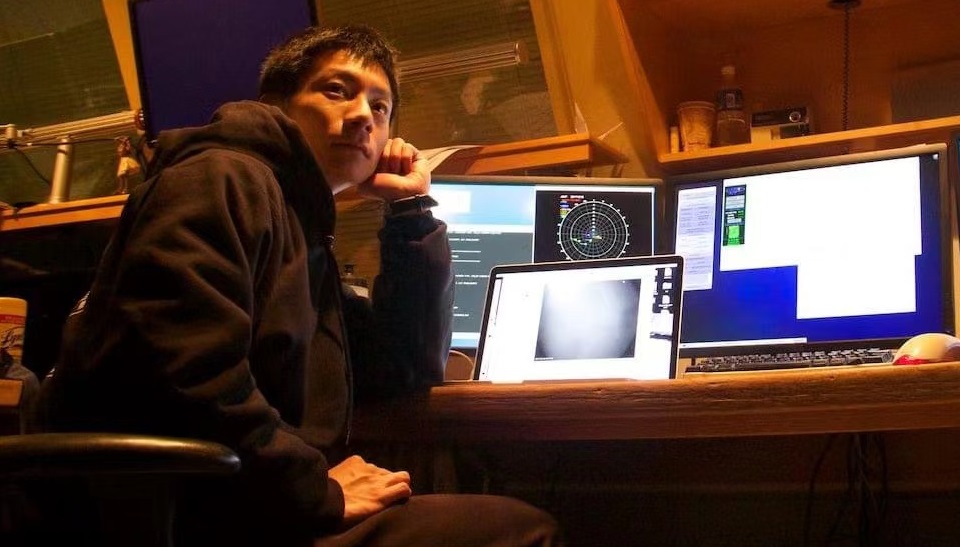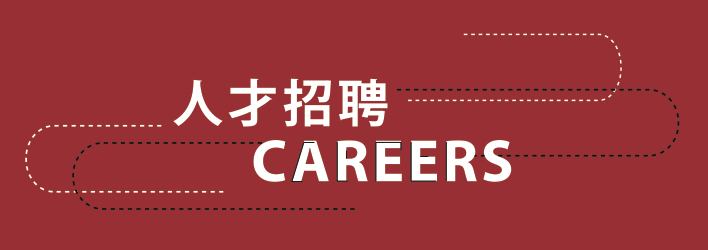Since studying abroad in the US, Dr. Hui has been making achievements by publishing important first-authored papers in top journals frequently. Therefore, in recognition of Dr. Hui’s impact on solar system planetary sciences, the International Astronomical Union Working Group for Small Bodies Nomenclature (IAU WGSBN) recently approved the naming of asteroid (51166) Huimanto = 2000 HW63 proposed by Lowell Observatory in the US.

In early 2021, Dr. Hui joined the faculty of the State Key Laboratory of Lunar and Planetary Sciences at Macau University of Science and Technology, the first of its kind on astronomy and planetary sciences (research on terrestrial and giant planets, small bodies, etc) in China. The 9 km diameter asteroid Huimanto, discovered by the Lowell Observatory Near-Earth-Object Survey in Arizona, US, on 26 April 2000, has a nearly circular orbit around the Sun in the main belt between the orbits of Mars and Jupiter in an orbital period of 5.5 years, whose orbital radius is roughly three times the Sun-Earth distance.
Having an asteroid named is a rare and tremendous international honor to scientists for their great achievements and contributions in their specialties. Asteroids are the only class of bodies in the solar system that may be named by their discoverers once the proposals are reviewed and approved by the IAU WGSBN. Once the decision and announcement are made, the name is permanently attached to the asteroid without any further change. Duplicated naming is disallowed.
Dr. Man-To Hui is an assistant professor affiliated with the State Key Laboratory of Lunar and Planetary Sciences, Macau University of Science and Technology, who earned his doctorate in planetary sciences from UCLA in 2019. His main focus is to unravel the mystery surrounding the evolution of our solar system through studying small solar system bodies (in particular, comets and asteroids), which are the leftovers from the planetary formation era.





